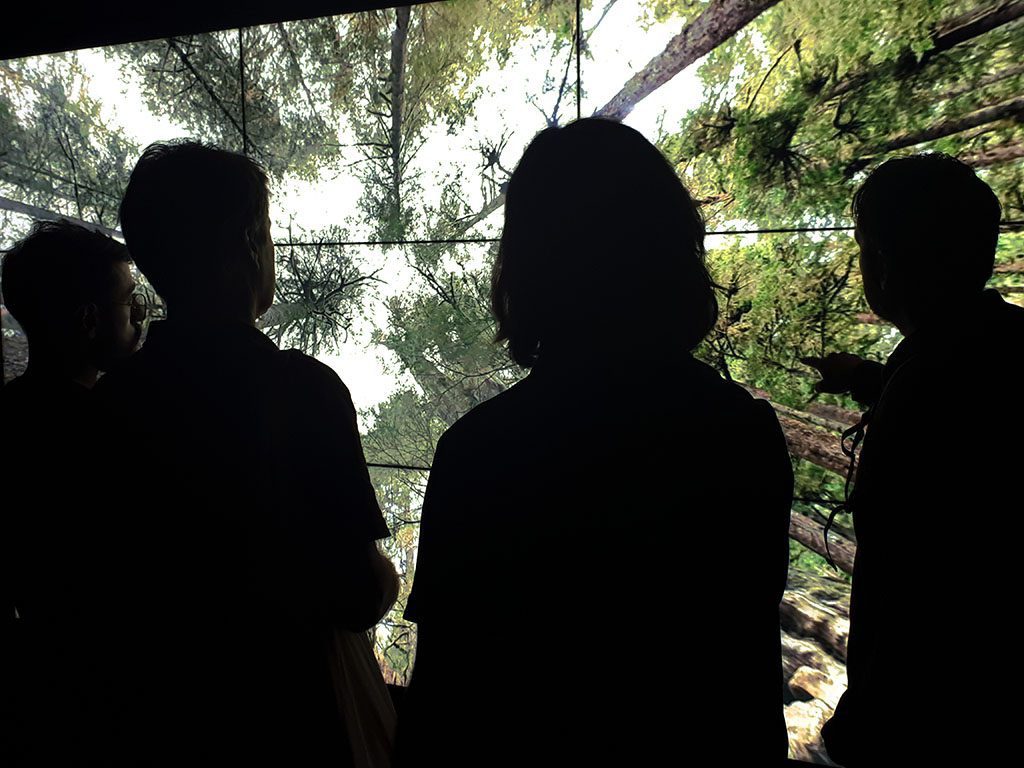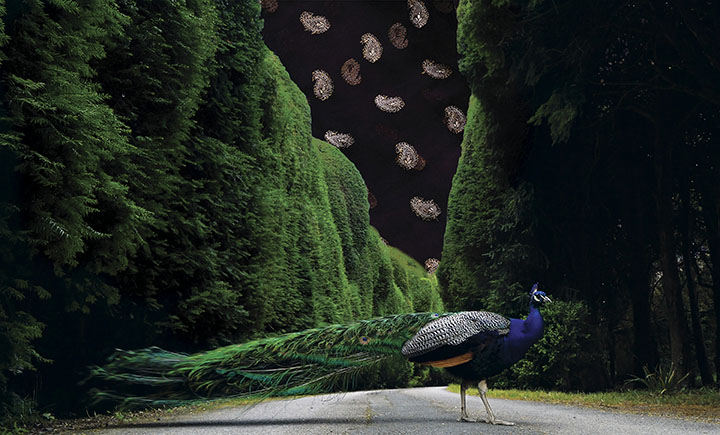 IMAGE: Generativity 2016, Installation: Nanda D’Agostino Corps collectif: Isabelle Choinière. Crédit Photo: Brian Foulkes
IMAGE: Generativity 2016, Installation: Nanda D’Agostino Corps collectif: Isabelle Choinière. Crédit Photo: Brian Foulkes
Thursday 27 September 2018, 09:30 – Saturday 29 September 2018, 17:00
DR-200, Pavillon Athanase-David, UQAM, 1430 rue Saint-Denis, Montréal
Organization:
On Friday September 28, 2018 as part of the Colloque Cybercorporéités: Subjectivités Nomades en Contexte Numérique, Elastic Spaces’ Leila Sujir and Paul Landon will be presenting their research Elastic spaces: archaeologies and practices of image, space and body The talk will take place from 10:30am to 11:00 am as part of the “De la relation au corps interface vers une expérience de cybercorporéité” séance.
Présentation du colloque
Ce colloque bilingue présente des réflexions sur la reconfiguration des identités et la transformation des expériences subjectives à l’ère du numérique. Abondamment documentée et commentée depuis le milieu des années quatre-vingt-dix, la série d’innovations techniques qui a fait que nous vivons maintenant à l’ère du numérique a eu pour conséquence un important changement de paradigme quant aux régimes de corporéité de nos sociétés. La corporéité étant un mode d’être, c’est un état de corps qui ne peut plus être référé à sa seule réalité biologique. À l’ère du numérique, elle devient une réalité en transformation, mobile, instable, faite de réseaux d’intensités et de forces, contraignant le corps à se reconfigurer, à se réorganiser et à devenir autre dans son contact avec la technologie.
Le programme du colloque se déroule autour de quatre axes transdisciplinaires en interrelation. Le corps figure désigne la représentation et mise en scène du corps et de sa relation aux technologies numériques dans les fictions littéraires, les arts médiatiques et arts vivants. Le corps interface interroge la relation du corps avec les dispositifs interactifs ainsi qu’avec les environnements immersifs, et pose la question du rôle que le corps en mutation joue en tant qu’interface lorsqu’il est en contact sensori-perceptuel avec la technologie. Le corps savoir désigne la valeur épistémologique et critique des matérialités numériques et prend sa source dans l’idée que les outils du Web participatif et sémantique transforment les pratiques de la recherche. Le corps sensible et somatique interroge des enjeux émergents, tant au niveau pratique que théorique, dans le contexte des nouvelles scènes performatives contemporaines intégrant la technologie. D’ordre multisensoriel et multimodal, ces pratiques exigent des chercheurs une réévaluation de cette relation du corps sensible/somatique à la technologie.
For more information on the Colloquium check out the link below:
http://oic.uqam.ca/en/evenements/colloque-cybercorporeites-subjectivites-nomades-en-contexte-numerique


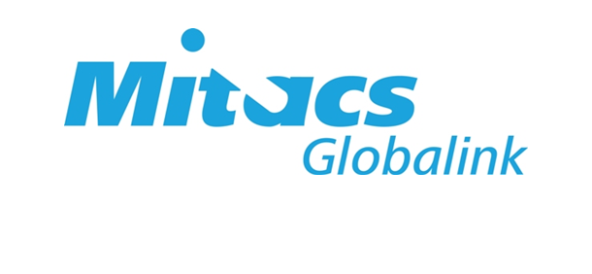
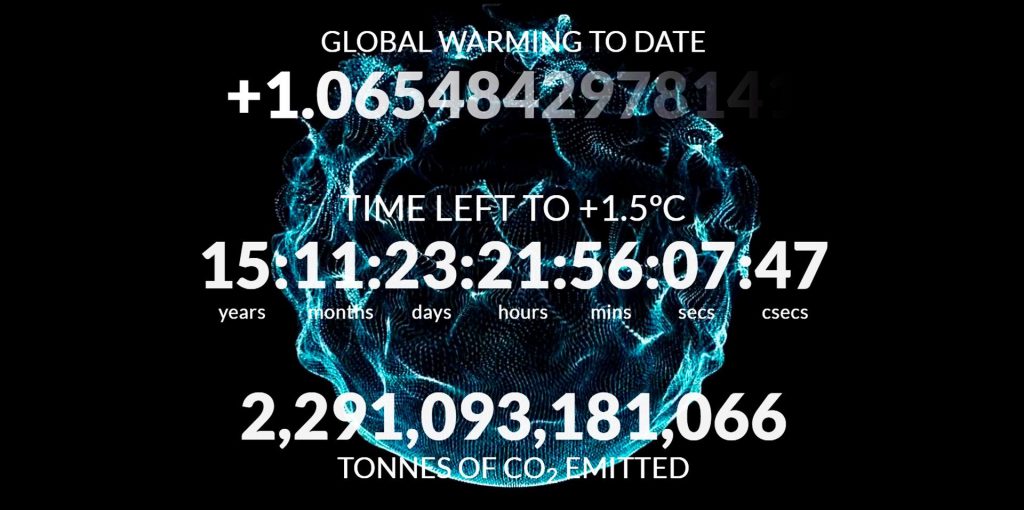

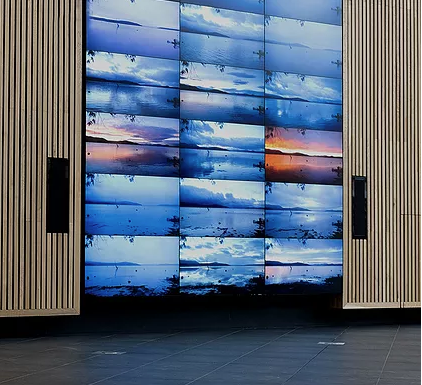
 IMAGE: Generativity 2016, Installation: Nanda D’Agostino Corps collectif: Isabelle Choinière. Crédit Photo: Brian Foulkes
IMAGE: Generativity 2016, Installation: Nanda D’Agostino Corps collectif: Isabelle Choinière. Crédit Photo: Brian Foulkes